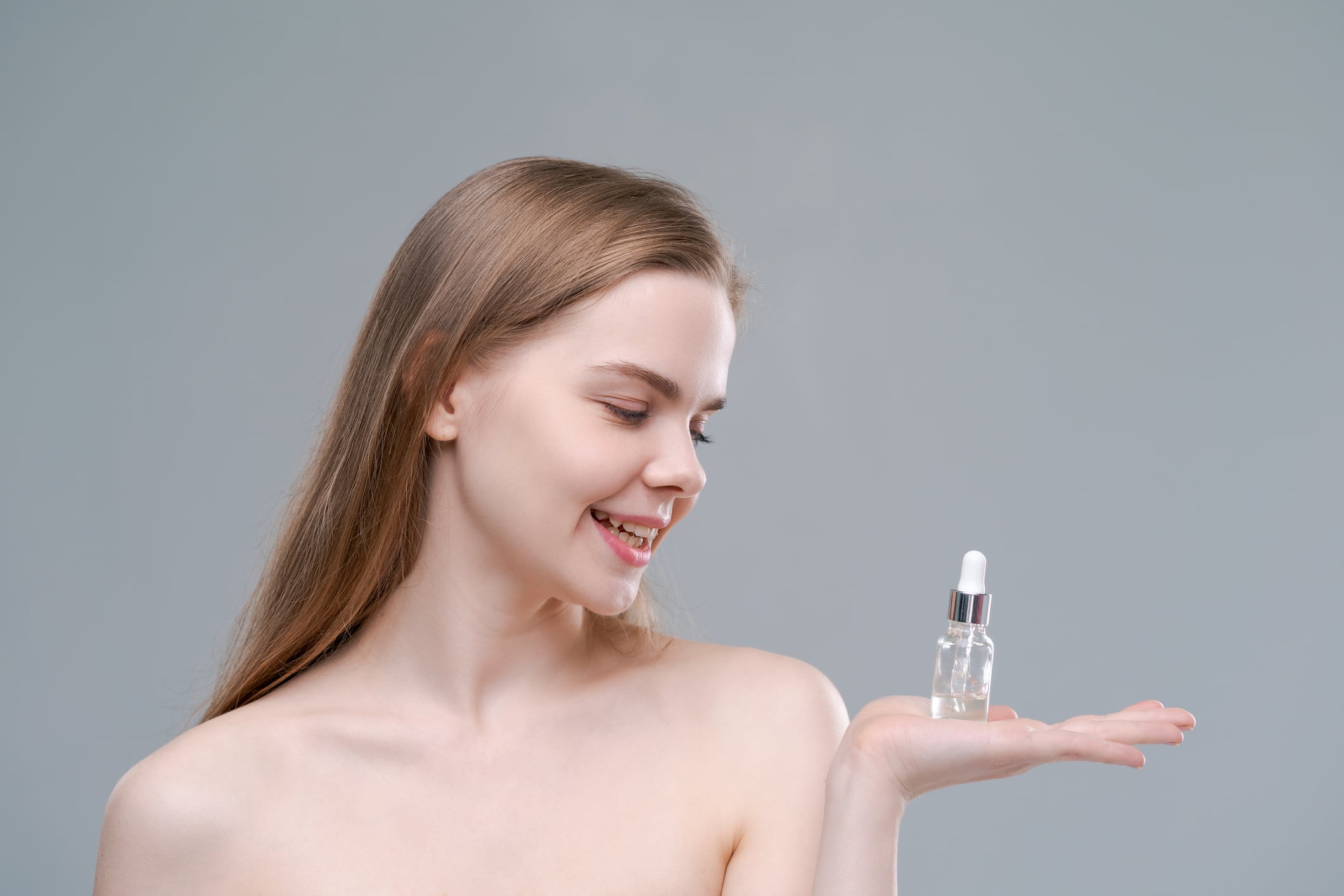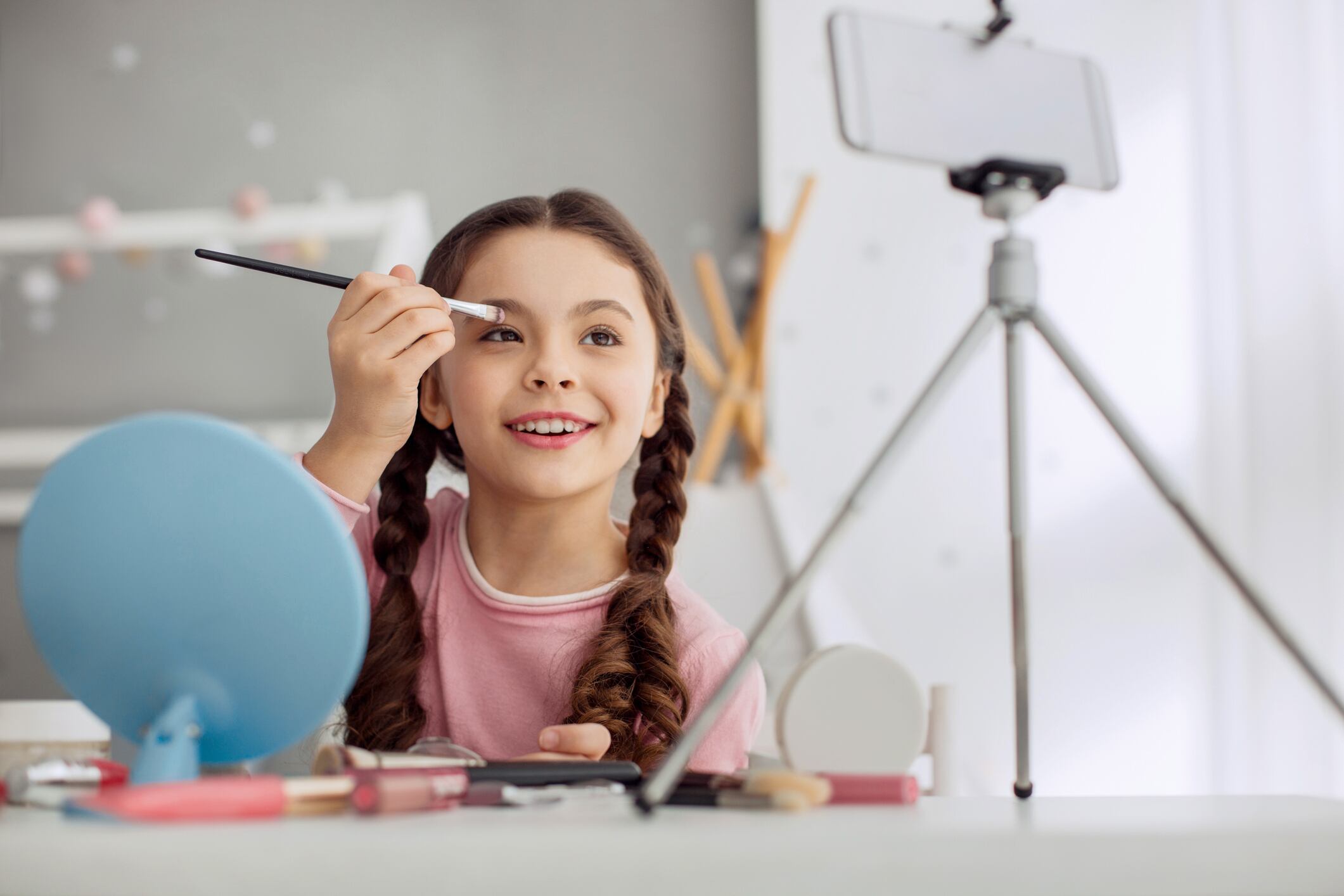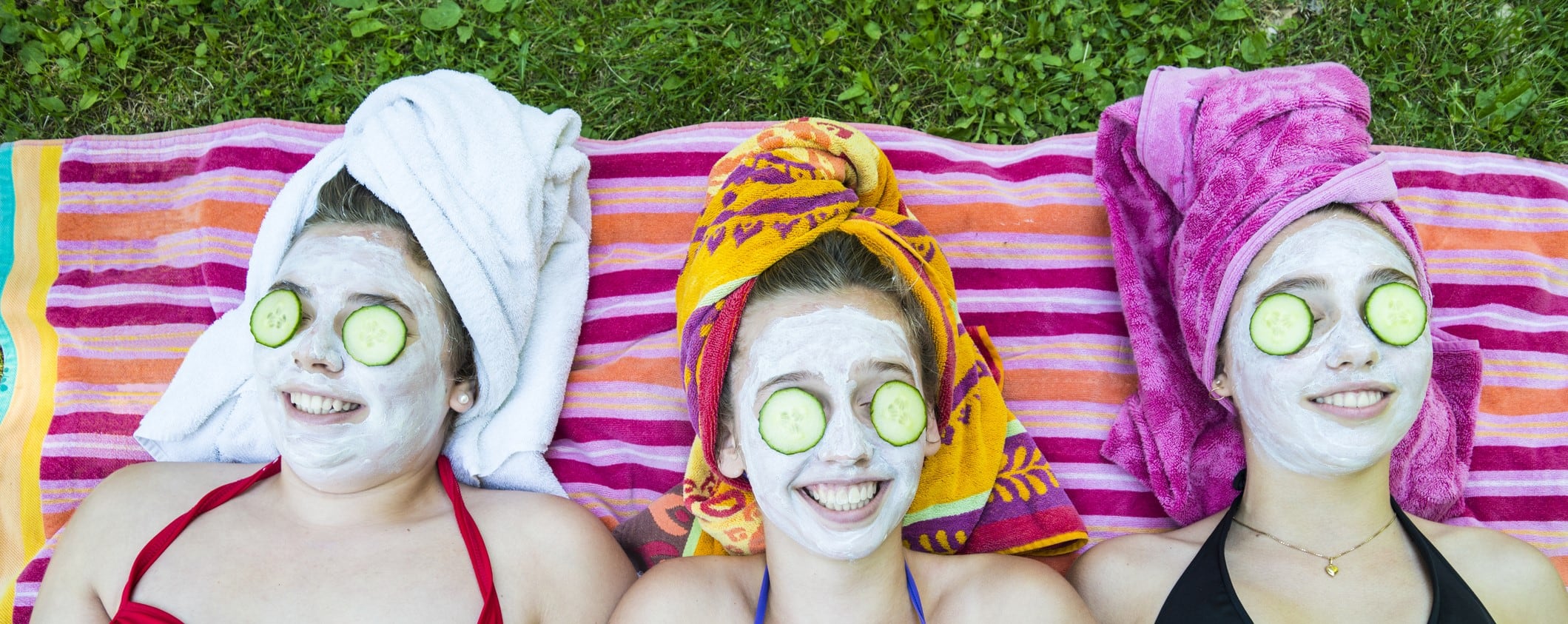Kenvue, which owns brand such as Aveeno, Neutrogena and Piz Buin, has shared the results of its new research into the beauty and personal care routines of people in the UK.
The manufacturer partnered with Censuswide to undertake a nationwide survey of 2,000 people aged 18+, which revealed that 60% of British people lacked a consistent skin care routine.
It also highlighted that 34% of those surveyed spend five minutes or less on their daily skin care routine and on average, and Brits go to bed without washing their face twice a week.
However, in a somewhat contradictory finding, the average person still spends around £27 per month on skin care items, £22 on hair care products and £19 on oral health products.
When asked to rank skin care products by importance, facial creams or moisturisers topped the list (42%), followed by facial serums (18%), toners (11%), exfoliators (11%), and face masks (10%).
Only 15% said sunscreen/SPF was an essential, which Kenvue said highlighted the need for better education on its role in reducing skin cancer risk. This education gap was also recently flagged up in research from beauty product e-tailer Face the Future, too.

When asked about the three most common factors limiting their time commitment to personal care, respondents chose the cost of personal care products (30%), lack of motivation or energy (25%), and busy work schedules (23%).
Information overload and confusion
Information overload and confusion may be playing a role, as 20% felt overwhelmed by the volume of advice available and 12% felt pressured to maintain their routines. Another 15% said they were unsure which products suited them best.
“Our survey highlights a critical insight: consumers are investing in the idea of better skin but struggling with the practices needed to achieve it,” said Area MD for Kenvue Northern Europe, Bas Vorsteveld.
“Educating consumers on the benefits of the products they use is essential to ensure their routines are effective and sustainable.”
Vorsteveld said Kenvue would focus on “offering clear guidance, science-backed recommendations, and multipurpose products like moisturisers with SPF” as it aims “to make skin care routines more cost-effective, accessible, and efficient.”
Personal care boosts their confidence
Gen Z spends nearly one hour per day on personal care routines, 45% higher than the national average, according to new data, and own an average of six personal care products.
When asked to select all applicable reasons for dedicating time to these practices, the majority cited hygiene reasons (52%), the desire to look good (44), and the overall health benefits (42%). Notably, 43% of Gen Z – more than any other generation - focus on personal care to boost their confidence.
More than any other generation, Gen Z’s personal care routines face challenges due to information overload.
One quarter feel overwhelmed by the sheer volume of advice available (26%), and the same amount feel pressured to maintain their routines because of an influx of information (25%). A significant 21% report that not knowing which products are best for them is also a key barrier to personal care.
Struggling to find the balance needed
Area MD at Kenvue Bas Vorsteveld said: “We’re seeing a generation that is more engaged than ever in personal care routines, emphasising their commitment to hygiene, health, and self-confidence.”
Vorsteveld continued: “They recognise the importance of self-care in enhancing overall well-being, benefiting both physical and mental health. However, the overwhelming amount of advice on personal care can lead to confusion, making it difficult to separate fact from fiction. Without clear guidance on what routines are right for them, younger generations may struggle to find the balance needed to enjoy the full benefits of self-care.”
Gen Z are the most influence-driven group when it comes to personal care. More than one third buy products based on suggestions from friends or family (39%) and 33% are swayed by widely discussed products.
Additionally, 24% are influenced by celebrities or social media, 25% follow what they have read online/in the media and 29% choose products recommended by healthcare professionals.
Almost one quarter of Gen Z are also swayed by product reviews (23%) - nearly twice the national average of 12% and almost three times as many as the 8% of Gen X (ages 45-60).
“Essentials shouldn’t be forgotten”
Despite all of this interest in beauty products, Gen Z respondents said they go to bed without washing their faces an average of twice a week.
Compared to Generation X, they are more likely to skip brushing their teeth (once a week vs once fortnightly) and go to bed without removing makeup (five times a month vs twice a month).
GP Dr. Punam Krishan said this lack of basic hygiene could be detrimental to their future health and wellness.
“Essentials shouldn’t be forgotten, such as applying sunscreen daily to shield your skin from damaging UV rays, even on days where it may not look sunny,” she said.
“Good oral care is so overlooked, for example flossing and properly brushing teeth. People cut a lot of corners, for example buying fancy whitening products to cut corners instead of flossing and using mouthwash.”
Dr Krishan also highlighted that its important that people understand what their own body, skin or oral care needs are and find a routine and products that work for them, and that they don’t overcompensate by buying expensive products instead of remembering the basics of health and wellness.
“We are so busy slapping on products instead of drinking water, eating well, sleeping well, exercising and managing our stress levels, she continued.

She noted how the rise of misinformation, particularly on social media, is contributing to these current consumer trends. ”I’m interested in seeing how this continues and whether we can actually reign it back and focus on the essentials we need,” she said.
“Younger people have brilliant skin, but they are spending a lot of money on ‘getting the glow’ for example.”
Dr Krishan she has started to see a lot of teenagers with contact dermatitis and allergic reactions to products, which appears to be a knock-on effect of the ‘Sephora Kids’ trend that involves young women and teens using skin care product designed for older skin with potent ingredients such as retinol and hyaluronic acid.
“That’s a concern of mine for the future,” she said. “When their skin is young it’s still developing. It will age their skin faster as they get older and they could experience more allergies and breakouts. I worry they are we making their skin more sensitive and causing more skin conditions. Only time will tell.”






